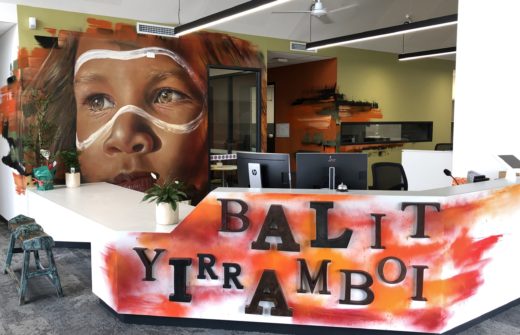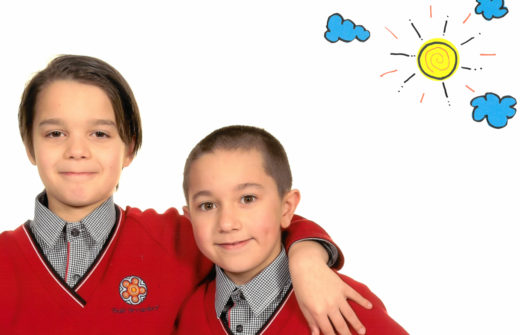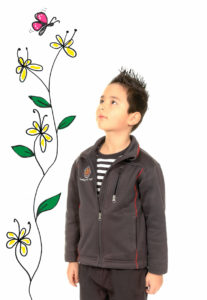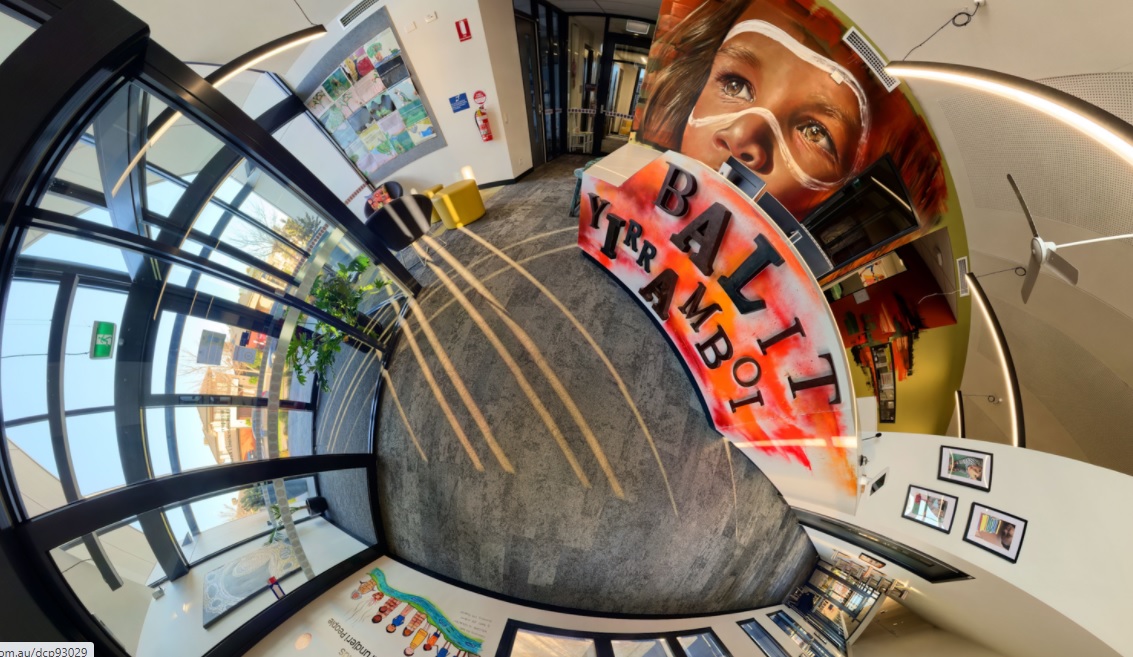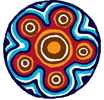Literacy at Dohertys Creek P-9 College is based on the philosophy that all students can succeed. Our students are empowered to be knowledgeable learners and deep thinkers with a clear path to success. Teachers work closely with students, supporting them to grow and excel at their point of need. Students are assigned individual learning goals in literacy every three weeks and are provided with a personalised curriculum that supports them to achieve their goals. Our work in literacy expedites progress towards our School Vision.

